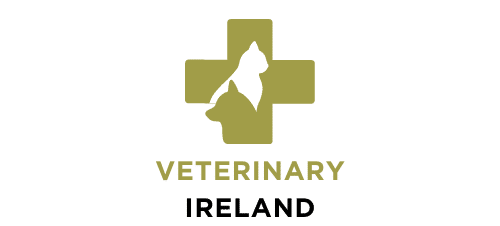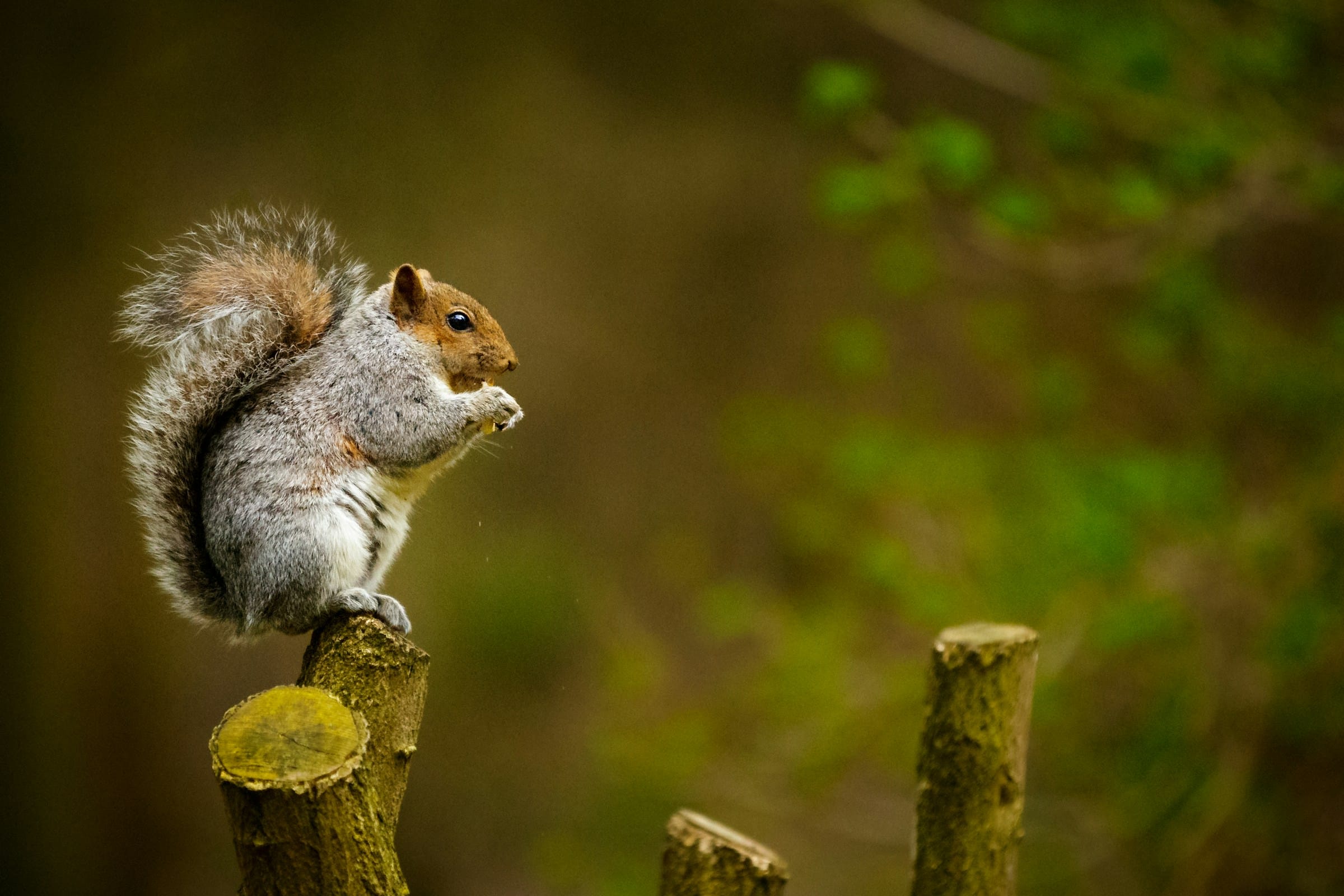Squirrels, with their bushy tails, agile movements, and endearing mannerisms, have found a place in the hearts of many UK households. Their unique needs and behaviour make them somewhat of a challenge to care for, especially when it comes to nutrition. In this article, we will delve into the world of managing a squirrel’s diet in a domestic setting.
Understanding the Basic Dietary Needs of a Squirrel
It’s essential to comprehend the basic dietary needs of squirrels to provide them with balanced nutrition. Squirrels are primarily herbivores, thriving on a diet rich in fruits, vegetables, and nuts. They also require a specific balance of nutrients – proteins, carbohydrates, and fats – to maintain their health and vigour.
A découvrir également : What are the necessary steps to safely rehome a pet skunk in urban areas of the UK?
Squirrels are not accustomed to processed foods, and as such, the food you provide should be as natural and unprocessed as possible. In the wild, they are experts at foraging for their meals, so variety is key to mimicking their natural feeding habits.
Feeding Your Pet Squirrel: Step by Step Guide
Following a step by step guide can streamline the process of feeding your pet squirrel. Remember, feeding squirrels is not merely giving them food; it’s a careful consideration of their nutritional needs and preferences.
A lire également : How can you create a stimulating indoor environment for a Bengal cat prone to hyperactivity?
Begin by preparing a base diet. This should consist of nuts, seeds, and grains, which provide the proteins and fats they require. Almonds, walnuts, sunflower seeds, and oats are excellent choices. You can supplement this base diet with a variety of fruits and vegetables. Apples, carrots, grapes, and peas are favoured by many squirrels.
Always serve food in small pieces to prevent choking and make sure it is fresh. Squirrels are not fond of stale food. Furthermore, avoid human foods, especially those high in sugar and salt.
The Importance of Hydration and How to Provide It
While food is critical, hydration is equally, if not more, crucial. Squirrels need constant access to clean, fresh water. Dehydration in these small critters can lead to severe health issues.
Water can be provided in a sturdy, shallow dish that cannot easily be tipped over. Alternatively, gravity-fed water bottles, similar to those used for rabbits and hamsters, can be attached to the cage. Regularly check the water supply and refresh it as needed.
Recognising and Addressing Nutritional Deficiencies
Despite your best efforts, your pet squirrel may develop nutritional deficiencies. Signs of this include loss of appetite, lethargy, and changes in coat condition.
In such cases, consult a vet who specialises in small mammals or wildlife. They may propose dietary adjustments or vitamin and mineral supplements to help your pet recover.
Keeping Your Squirrel’s Diet on Track with Regular Monitoring
Regular monitoring can ensure that your squirrel’s diet remains balanced and nutritious. Observing your squirrel’s eating habits, energy levels, and physical condition can provide insights into their nutritional health.
Weigh your squirrel regularly to keep track of their body condition. A sudden change in weight could indicate a health issue. If your pet squirrel appears underweight or overweight, adjustments to their diet may be necessary.
Maintaining a squirrel’s diet is no small task. It requires dedication, patience, and a deep understanding of their nutritional needs. With the right approach, however, you can ensure your pet squirrel thrives in your UK home. Remember, the key lies in providing a balanced diet, keeping them hydrated, monitoring their health, and seeking professional help when required.
Introducing a Squirrel Step Version to a Balanced Diet
Introducing a balanced diet to your pet squirrel involves a step-by-step approach, much like the famed squirrel step version jpg image, which portrays the squirrel’s journey from a baby squirrel to a full-grown adult. The diet needs to evolve as your pet grows, aligning with its changing nutritional requirements.
Initiating the diet for a baby squirrel involves a careful selection of food items. Images posted on the wikihow website can provide a visual reference to understand the size and texture of the food that should be offered. Start with soft foods like mashed fruits and vegetables, then gradually introduce nuts and seeds.
As your squirrel grows, the nutritional needs become more complex, requiring a more diverse diet. Refer to the wikihow ppbr guide, which provides a comprehensive list of food items suitable for adolescent and adult squirrels.
Moreover, monitoring your pet’s diet does not only include observing what they eat but also how they eat. Changes in the eating patterns could indicate potential health issues. Therefore, regular observations and adjustments are necessary.
Make sure there is proper consent wikihow authorisation before using any specific diet plans or strategies posted on the wikihow website. Without express written consent, there could be legal implications.
Conclusion: Taking Care of Your Pet Squirrel’s Diet
In conclusion, caring for a pet squirrel’s diet in a UK home can be an engaging and rewarding experience if done correctly. Variety in food, regular monitoring, and ensuring hydration are key components of a balanced squirrel diet.
Remember, your squirrel’s diet should mimic, as closely as possible, their natural diet in the wild. Avoid processed foods and ensure your pet has access to fresh water at all times. Keep in mind that the text content and images posted on any website, including wikihow, are subject to a license applied to the website image entities. Therefore, always ensure to obtain express written consent before using any content.
By their very nature, squirrels love to forage and explore. Therefore, consider integrating this behaviour into their feeding times. This can be done by hiding food around the house or in their cage to stimulate their natural instincts, providing both nutrition and entertainment.
By following a step-by-step approach, akin to the beloved squirrel step version jpg image, you can ensure your pet’s transition from a baby squirrel to an adult is as smooth as possible.
Bear in mind that regular monitoring of your pet’s weight and general health is essential. Any sudden changes should be addressed immediately with the help of a professional. While taking care of a squirrel’s diet may be challenging, the rewards are well worth the effort. Their bushy tails, agile movements and endearing behaviours are sure to bring endless joy and laughter to your home.











